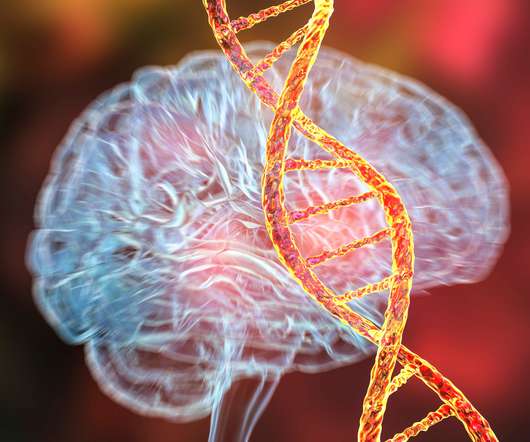Reflecting on BioTrinity 2023
Drug Discovery World
MAY 11, 2023
Fundraising and investment are a core pillar of not just BioTrinity events but of the drug discovery industry at large, so events such as Tuesday’s keynote, Investment Trends for the Life Sciences Industry, are critical for members of the industry.















Let's personalize your content